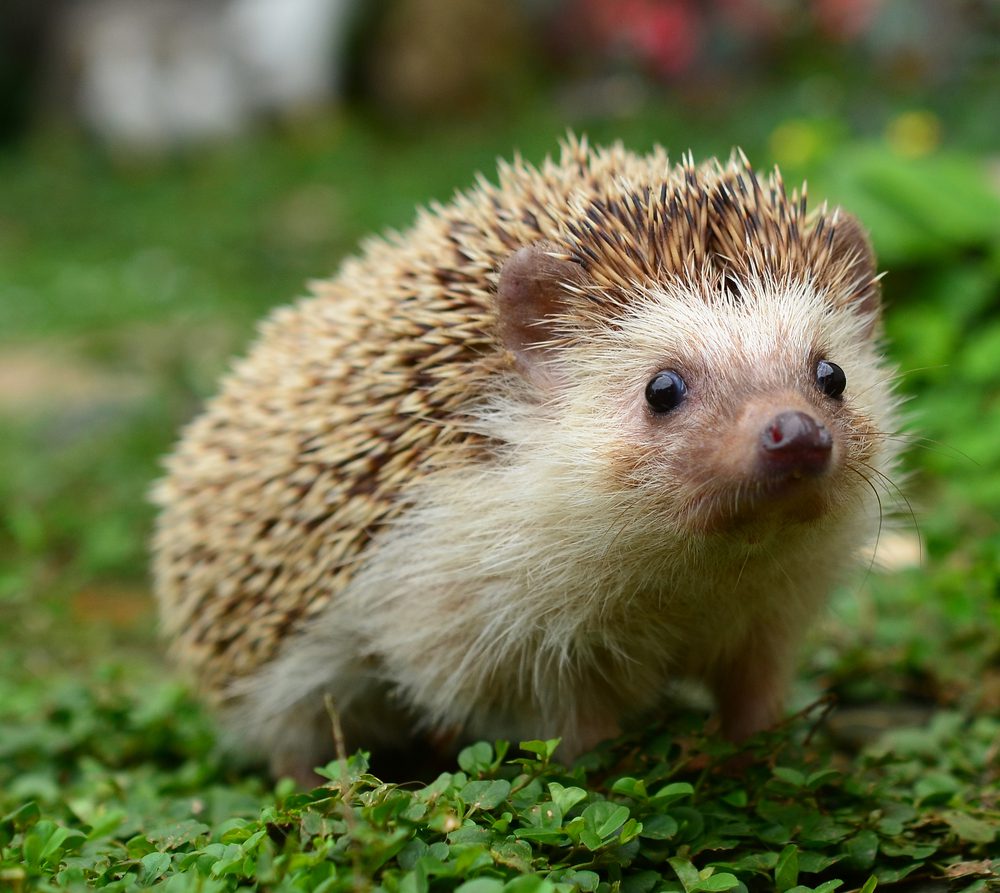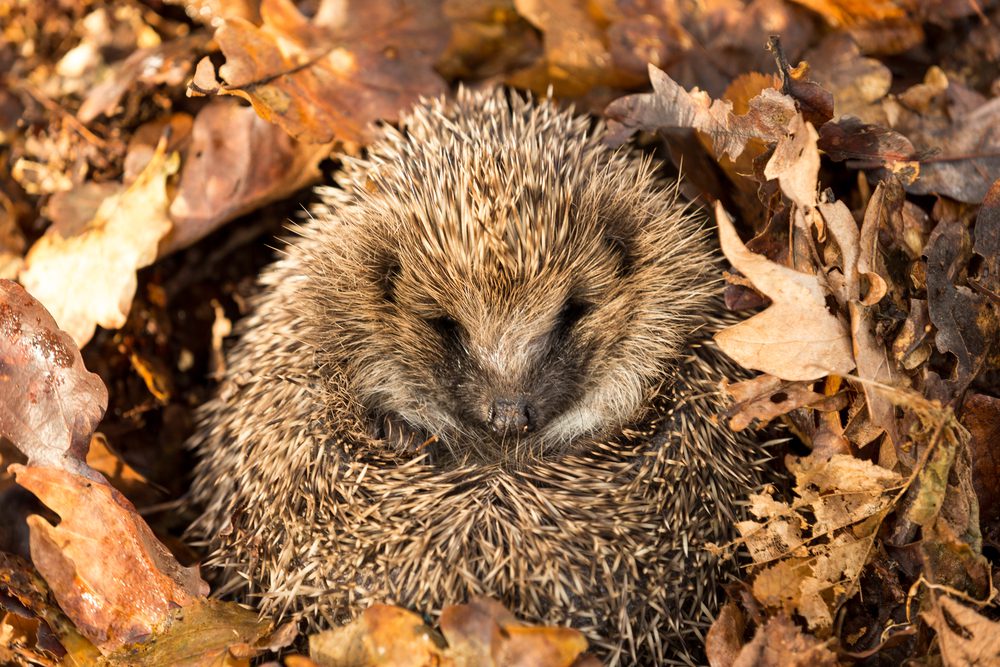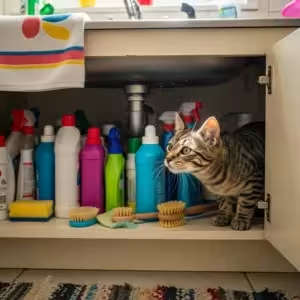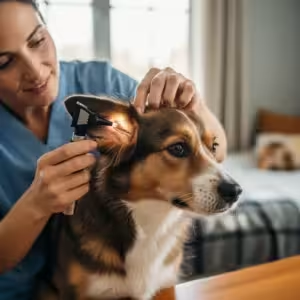
Wobbly Hedgehog Syndrome (WHS)
Wobbly hedgehog syndrome (WHS) is a degenerative neurological condition that affects all breeds of hedgehogs, both males and females. Nevertheless, this disease can be found especially in young hedgehogs under 2 years old. This neurological disease is also known as progressive paresis or paralysis. Animal experts don’t know the exact cause of this health issue, but it is believed to be genetic.
The signs of wobbly hedgehog syndrome include paralysis, lethargy and loss of appetite. “Over time this progresses to affect the front legs, and eventually the animals start to feel poorly, become weak and lethargic, and stop eating. Significant weight loss occurs, and they cannot stand,” said Dr. Wilkinson.
Unfortunately, “there is no diagnostic test for this condition,” Dr. Wilkinson adds. “It can only be diagnosed by ruling out all other causes of similar symptoms.”
As far as they can tell, there is no treatment for this disease and veterinarians often recommend euthanasia when your hedgehog’s quality of life becomes unbearable. Being a genetic disease, you can ask when you adopt a hedgehog about their family history, if possible.
According to experts, hedgehogs that have this disease are more likely to develop complications and die in about 24 months.

They can develop obesity
If you don’t pay attention to their diet, hedgehogs can become obese and it is very dangerous for their health. How do you know if your pet is overweight? Well, you should check their bellies and if they have excess flesh that hangs down it may be a sign that they are obese. Moreover, they will have difficulty walking or running.
In fact, you will notice this when they have to turn into a perfect ball, because “a hedgehog should be able to completely roll up in a ball without any fat protruding,” Dr. Wilkinson says.
Of course, this health issue can be prevented, so all you have to do is to feed your hedgehog daily with the same amount of food, without exaggerating and without letting them choose freely. Plus, don’t forget to limit their treats, if you want a healthy pet.
“Indoor adult cat foods are commonly used, but there are some excellent insectivore diets available now as well,” Dr. Wilkinson said. “And encourage plenty of exercise by keeping a wheel in the cage and allowing supervised time outside of the cage.”
Obesity is a serious problem that can affect your pet’s quality of life and health. Obesity can lead to diabetes, heart disease, respiratory distress, high blood pressure and cancers. These conditions can be fatal to your pets if you don’t resolve this problem. All pets can develop obesity and, as you already know, the main cause is eating too much food or unhealthy meals and not exercising enough.















